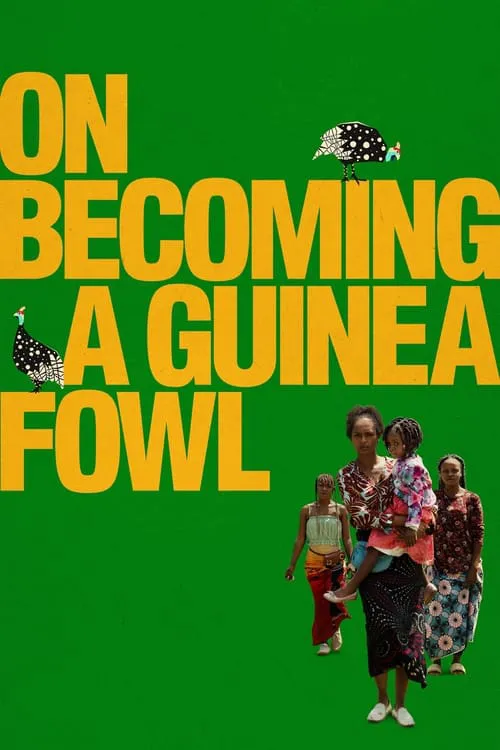On Becoming a Guinea Fowl

Plot
On Becoming a Guinea Fowl is a poignant and powerful film that delves into the complexities of family dynamics, social class, and the struggle to maintain traditions in modern times. Set against the backdrop of a small, middle-class family in Zambia, the movie takes viewers on a journey of self-discovery and exploration, laying bare the intricate web of relationships and secrets that have been hidden beneath the surface. The film begins with Shula, the protagonist, stumbling upon the lifeless body of her uncle on a deserted road in the middle of the night. The encounter serves as a catalyst for the story, setting in motion a chain of events that will ultimately lead to the revelation of long-buried secrets within the family. As the news of the uncle's death spreads, the family gathers for the funeral, and it becomes apparent that Shula's arrival will be the trigger that sets off a chain reaction of events. Through a series of narrative threads, the film explores the intricacies of the family dynamics, revealing a complex tapestry of relationships and alliances that have evolved over time. The three cousins, Shula, Nalani, and Thembi, are at the center of the story, each representing a different chapter in the family's history. The bond between the cousins is tested as they navigate their relationships with their relatives, each struggling to reconcile their own identities with the weight of their family's expectations. As the film progresses, the audience is taken on a journey through the history of the family, from their humble beginnings to their current status as a respectable middle-class family. Through a series of flashbacks, the movie reveals the events that have shaped the family's past, including the arrival of the first wife, the struggles of the father, and the sacrifices made by the mother. These flashbacks not only provide a context for the family's current situation but also serve as a commentary on the way societal expectations can shape individual lives. One of the most striking aspects of On Becoming a Guinea Fowl is its portrayal of the complexities of family relationships. The film presents a nuanced exploration of the power dynamics at play within the family, highlighting the ways in which social class and tradition can impact relationships. Through the character of the older aunt, who is fiercely protective of the family's reputation and status, the film demonstrates how social expectations can lead to manipulation and control. At the same time, however, the film also presents a more hopeful vision of the family, one that emphasizes the importance of love, forgiveness, and acceptance. As the cousins grapple with their own identities and the secrets that have been hidden, they begin to break free from the constraints of their family's expectations. The character of Shula, in particular, serves as a symbol of hope, demonstrating the importance of self-discovery and the power of embracing one's true identity. Throughout the film, the director masterfully employs the camera to capture the beauty and simplicity of Zambia's landscape. The cinematography is stunning, conveying the sense of isolation and desolation that pervades the open roads and rolling hills. The use of natural light and color palette serves to heighten the emotional impact of the film, underscoring the themes of hope and transformation that emerge throughout the story. Ultimately, On Becoming a Guinea Fowl is a powerful exploration of the complexities of family relationships, social class, and identity. The film presents a nuanced and compassionate portrayal of a middle-class Zambian family, one that is both poignant and thought-provoking. Through its thoughtful exploration of the human condition, the movie offers a profound commentary on the challenges of maintaining traditions in modern times, while embracing the complexities of individual identity and the importance of family love and acceptance.
Reviews
Recommendations




